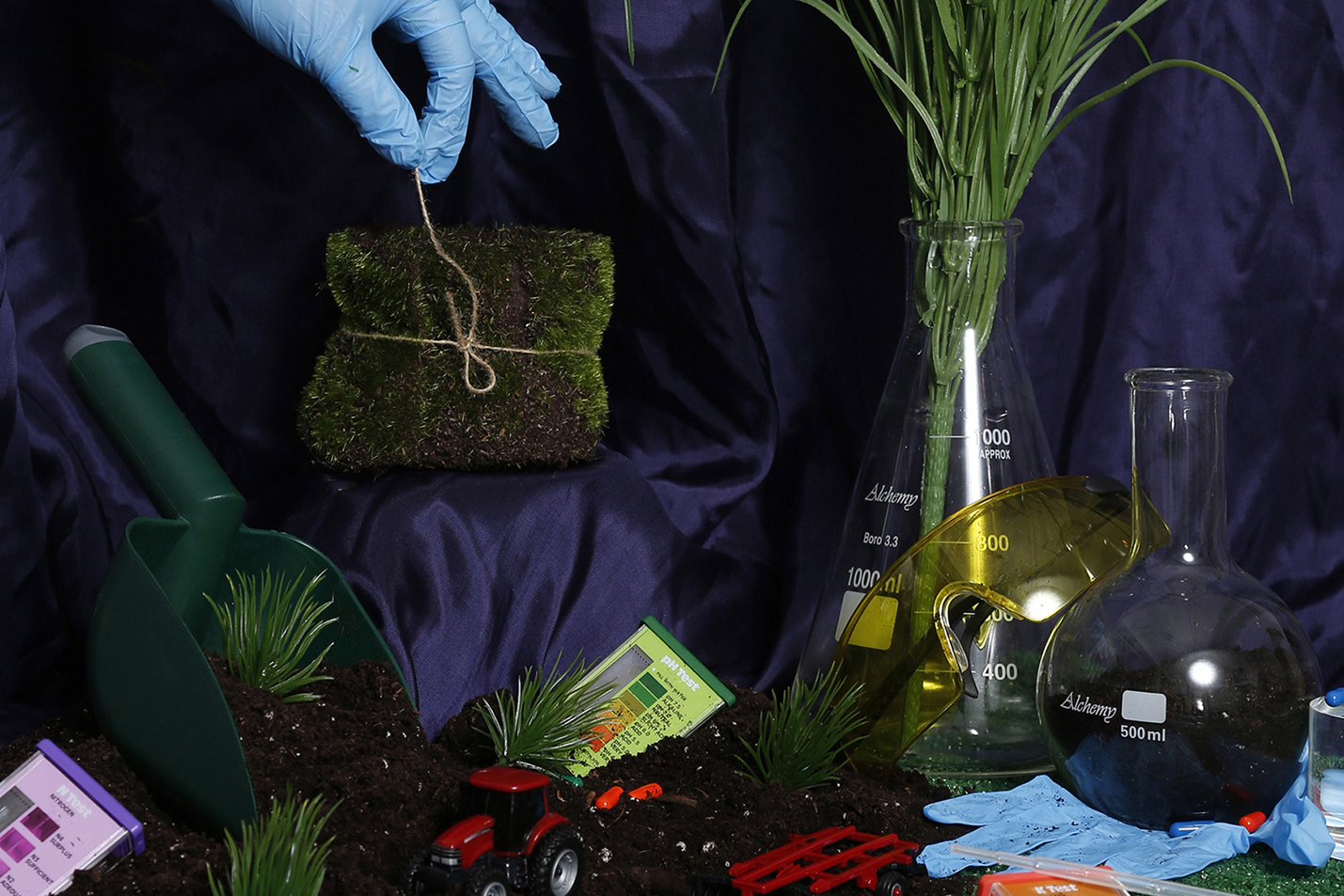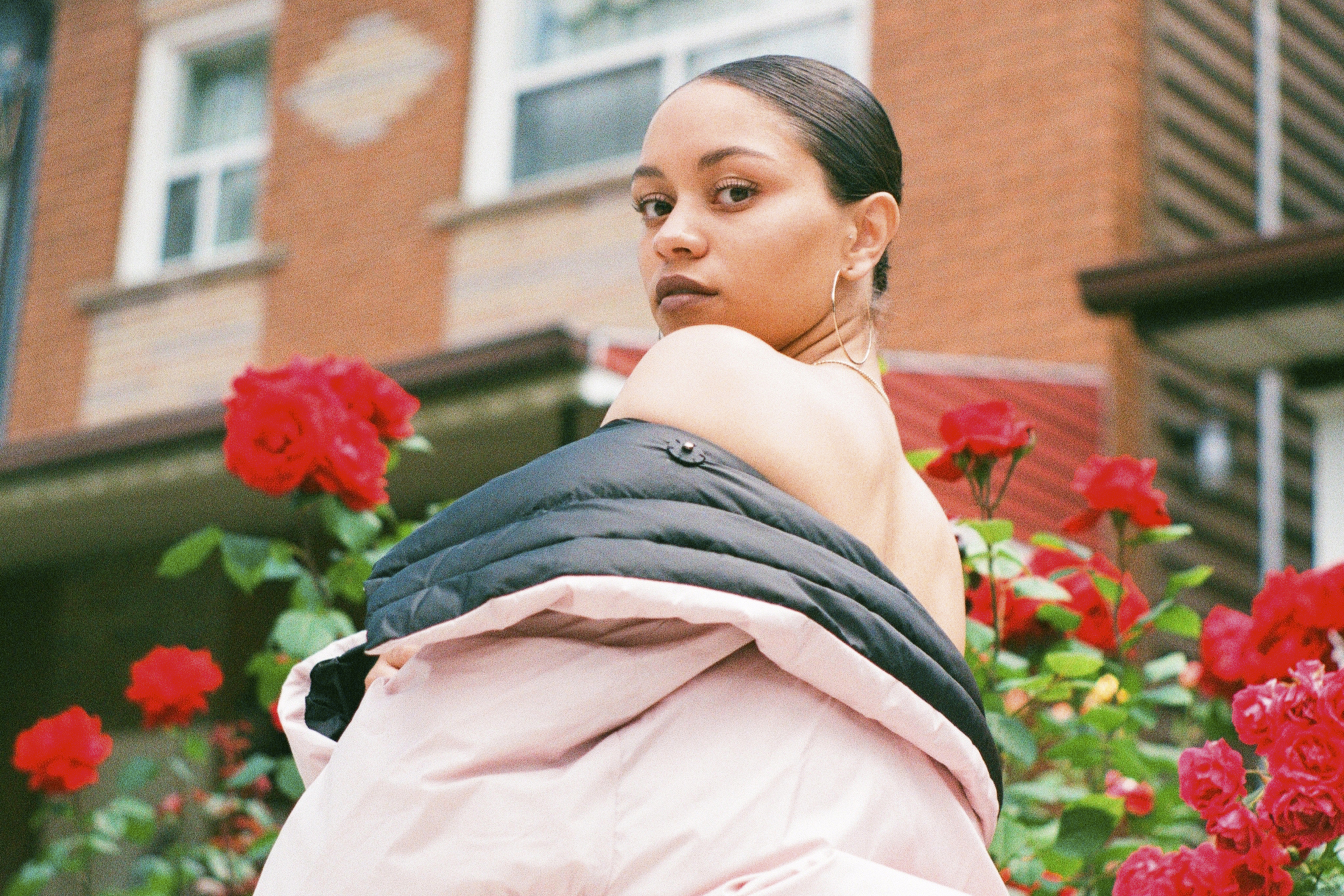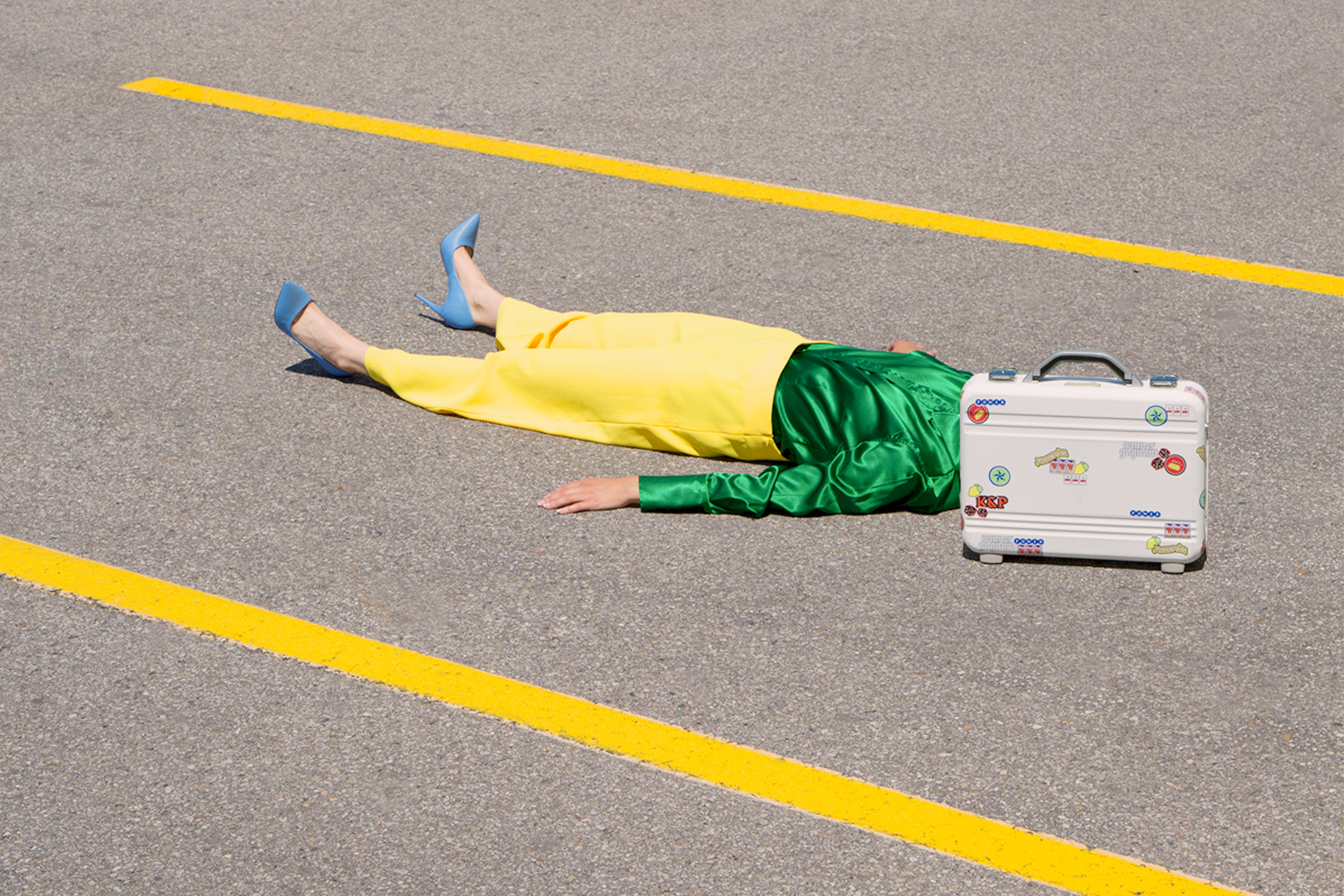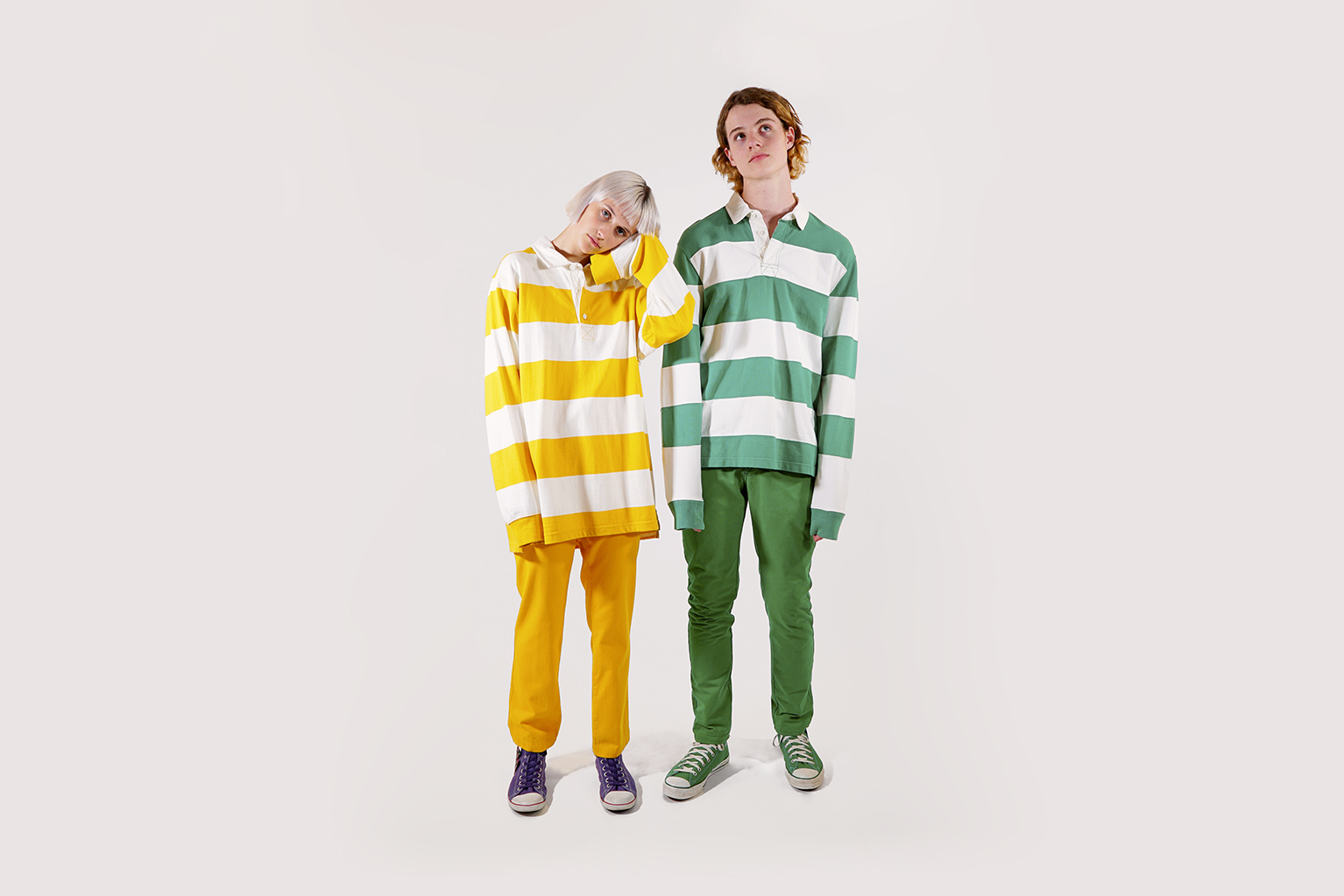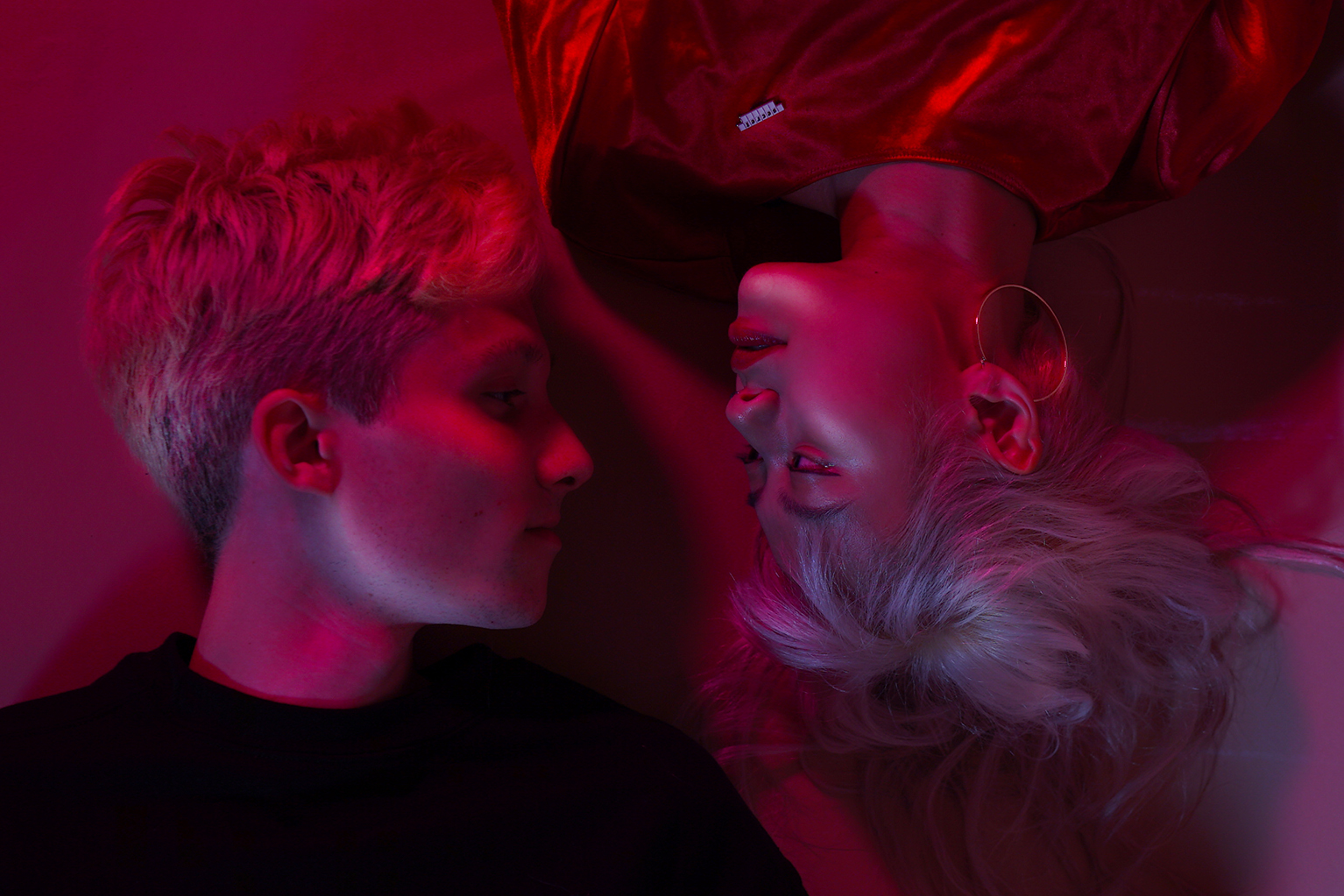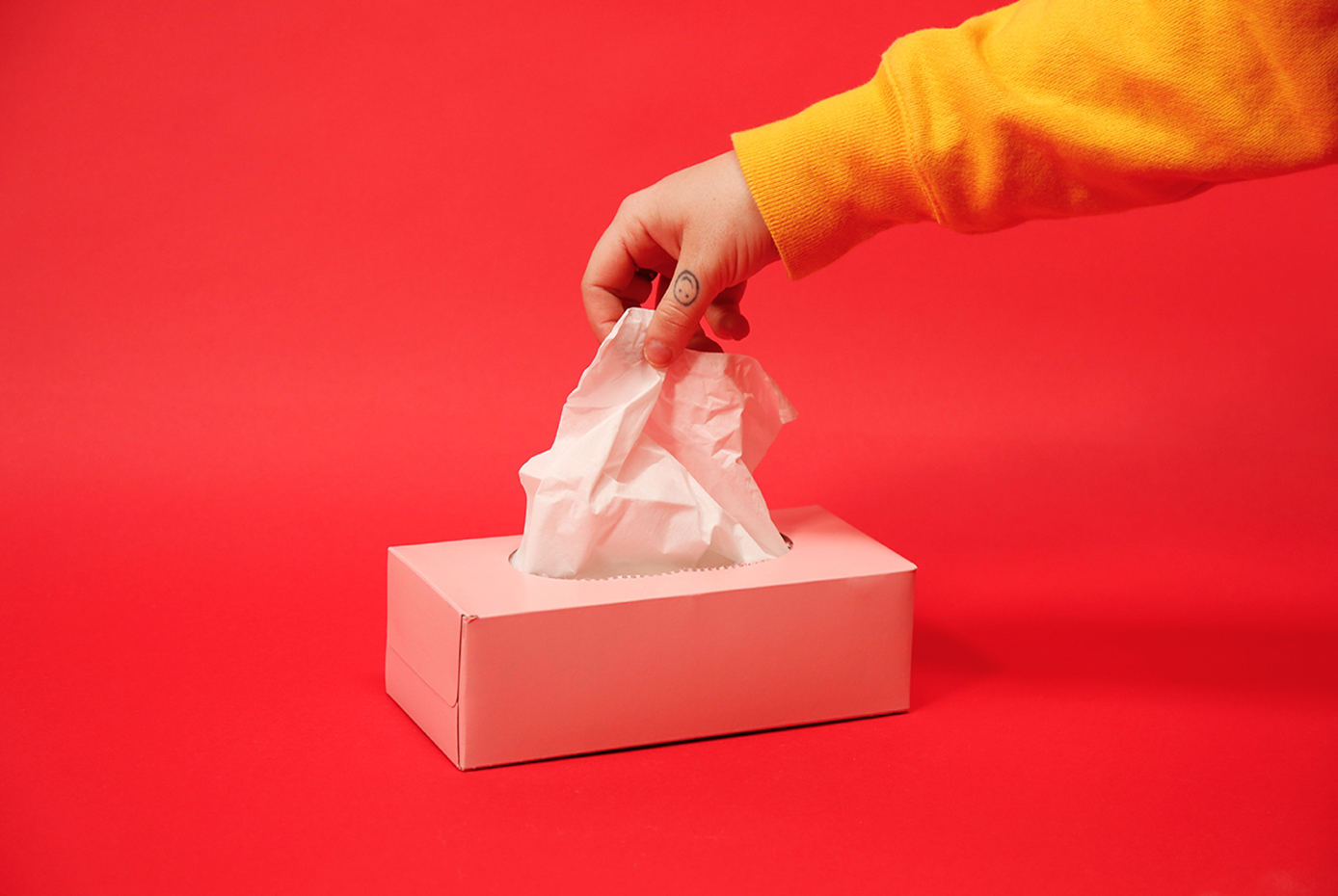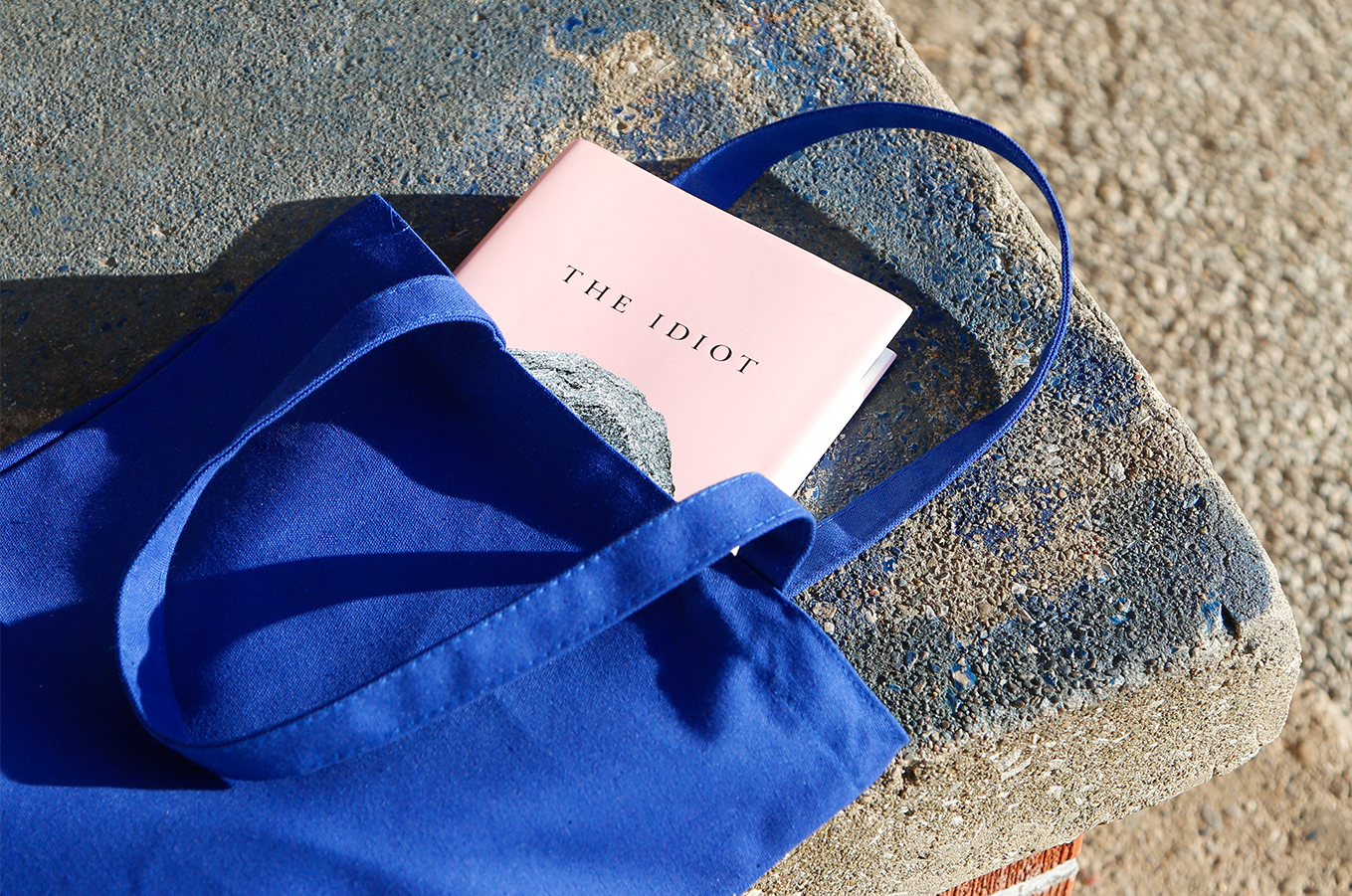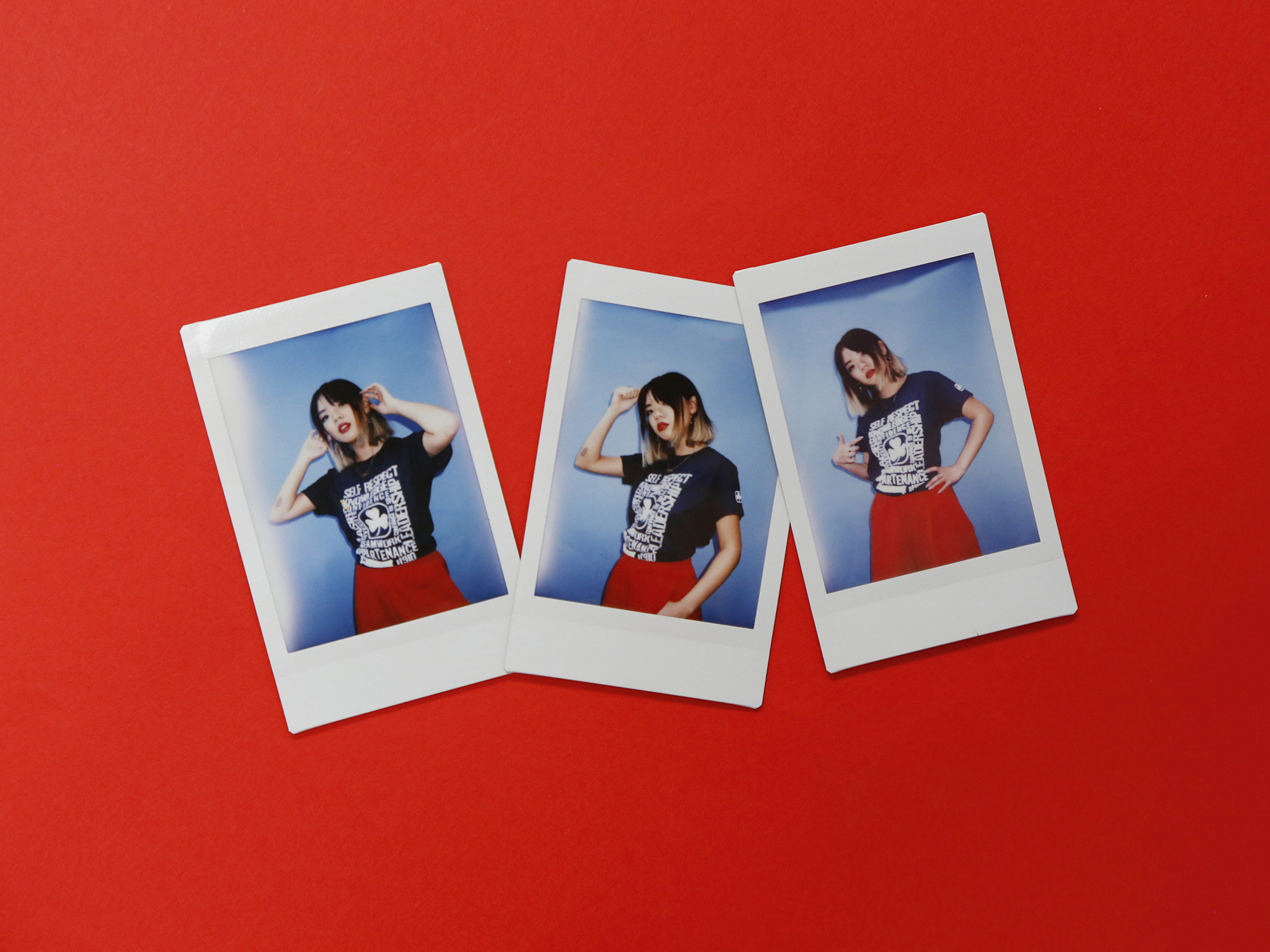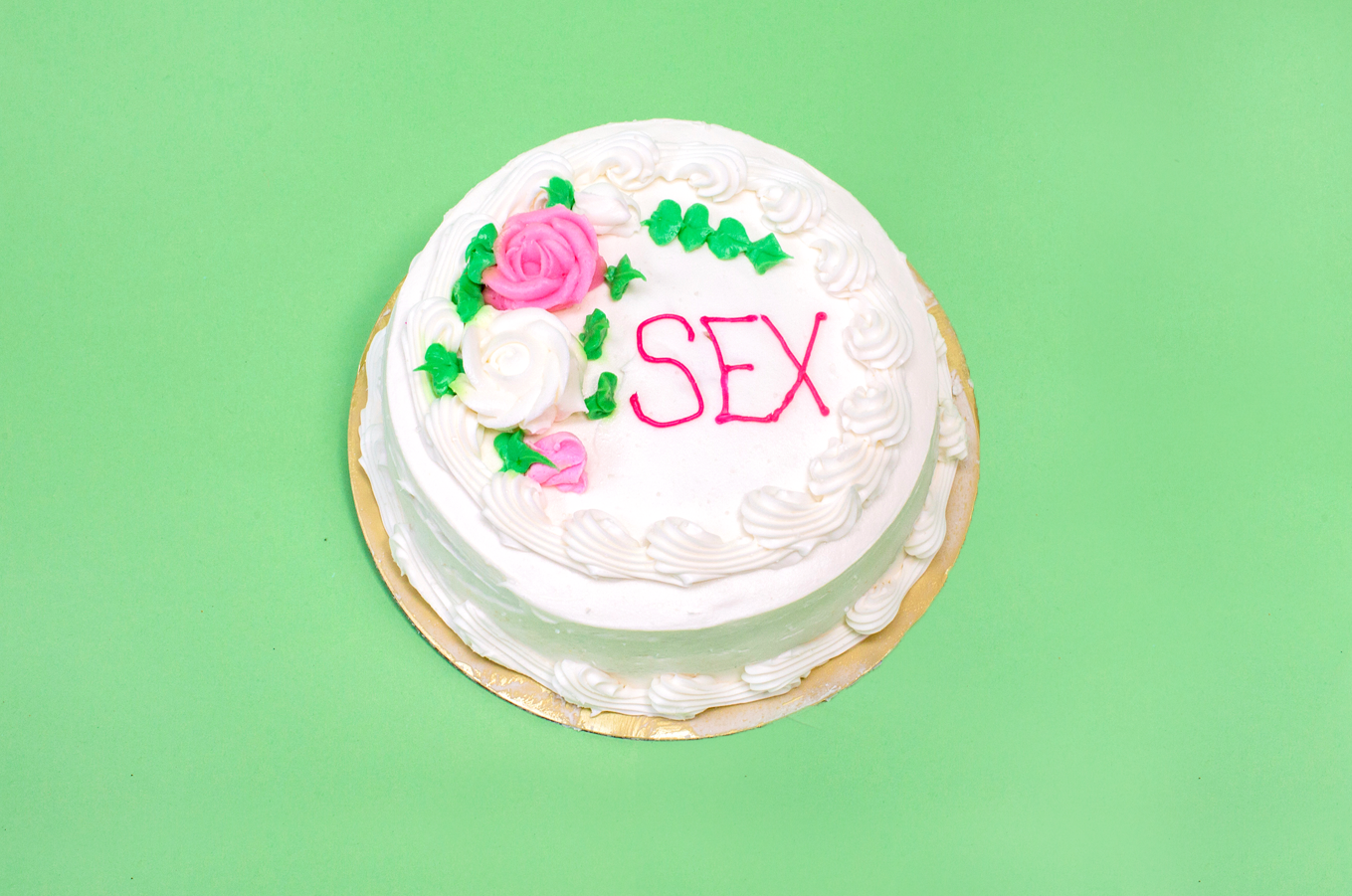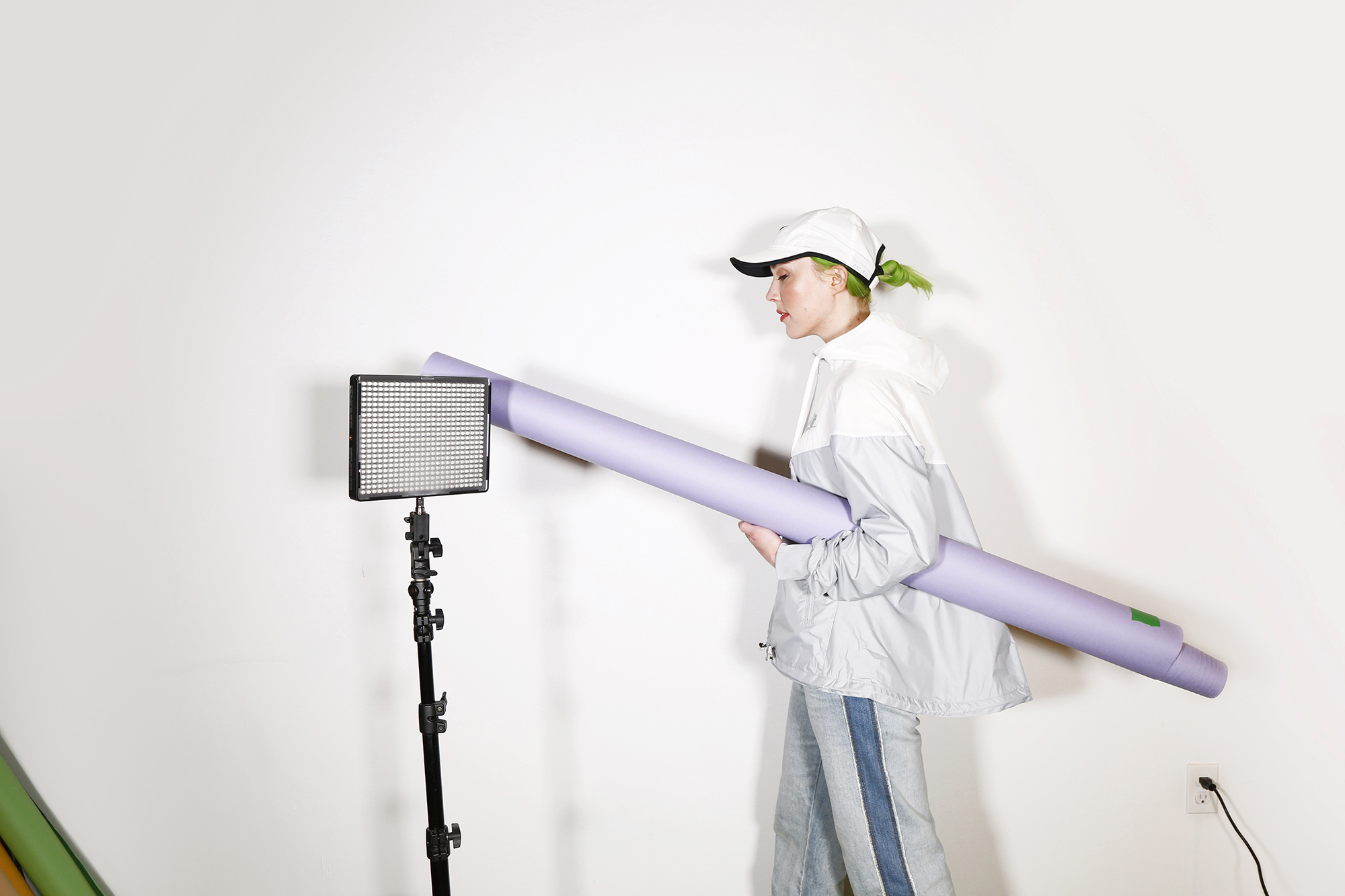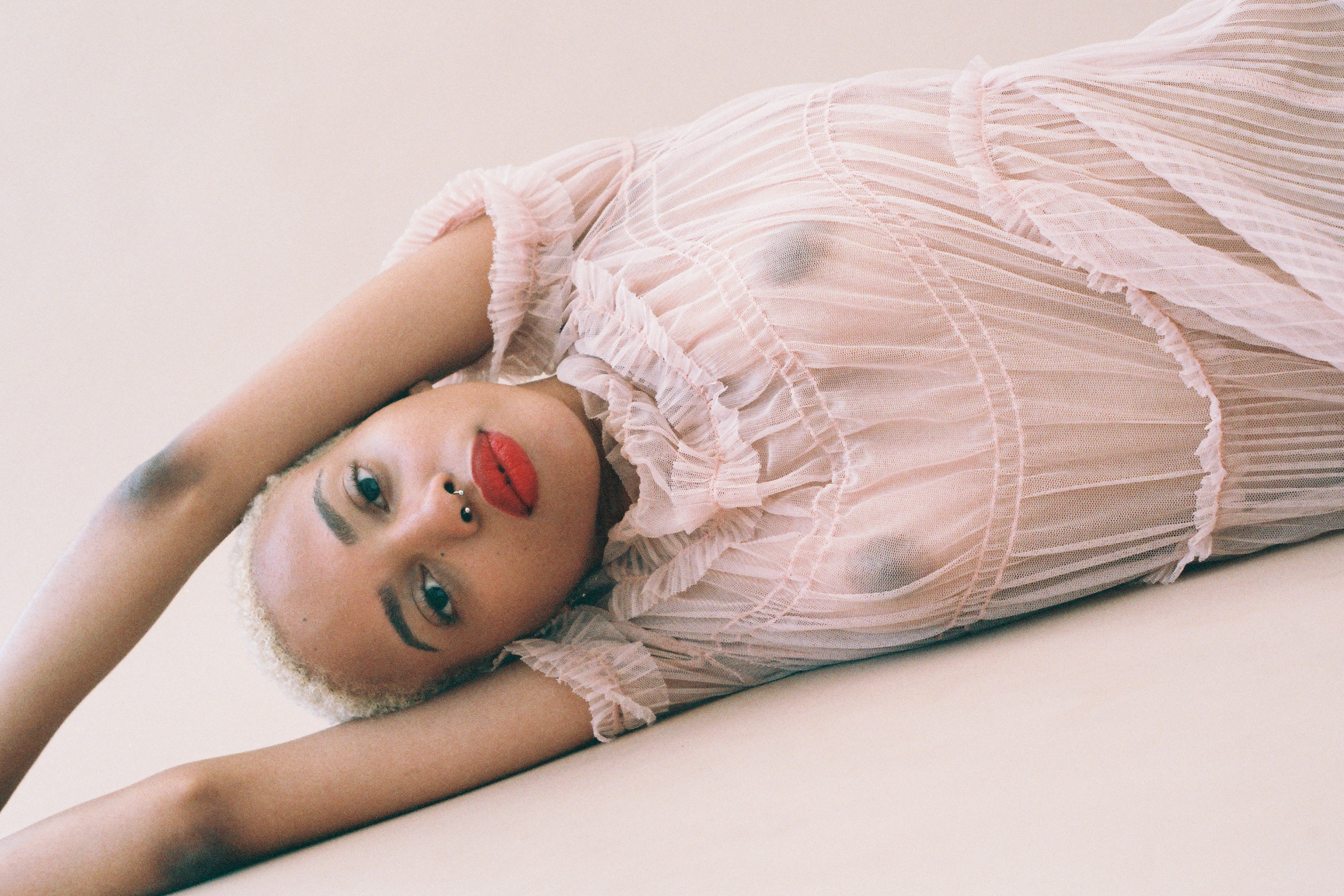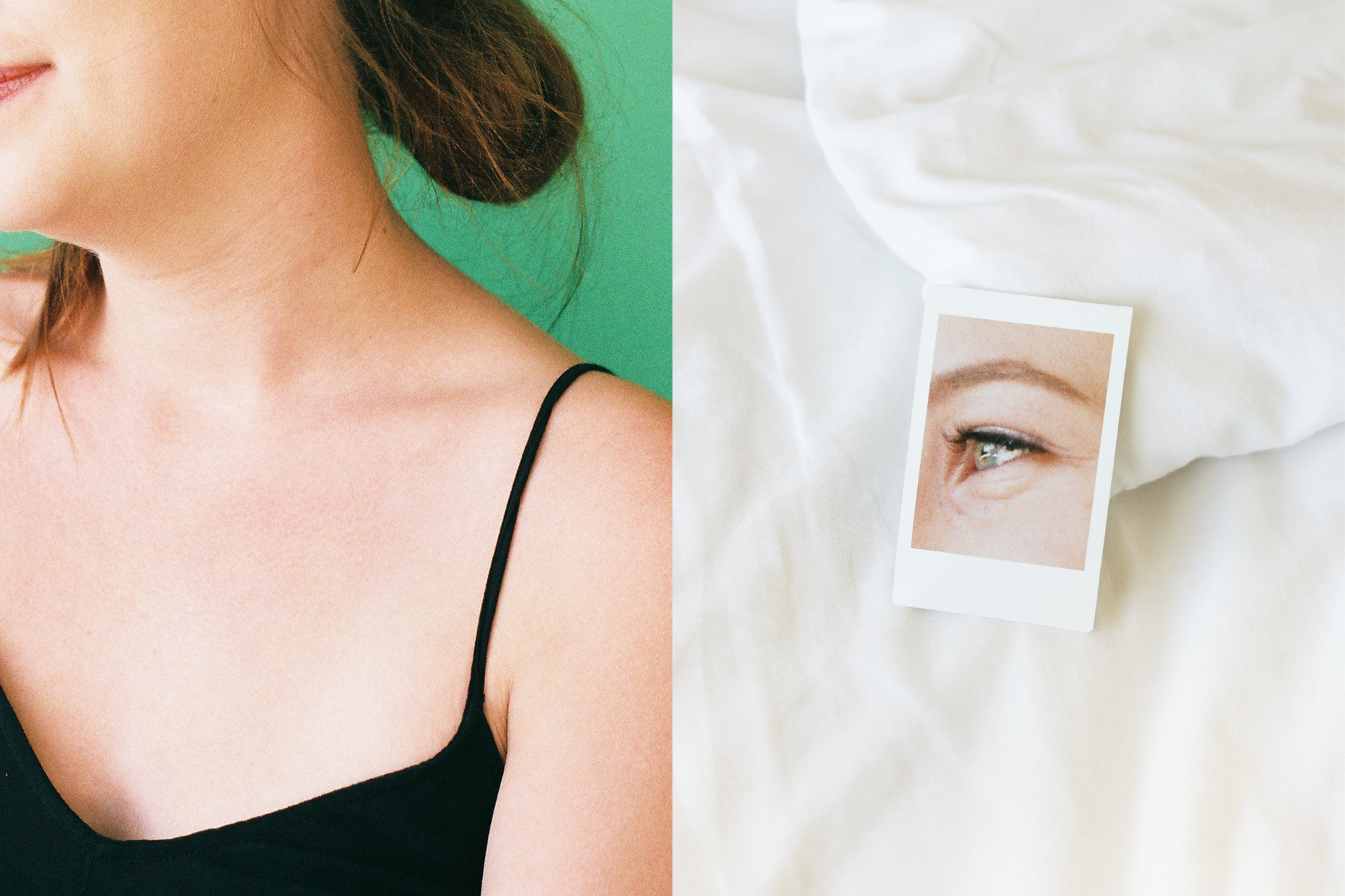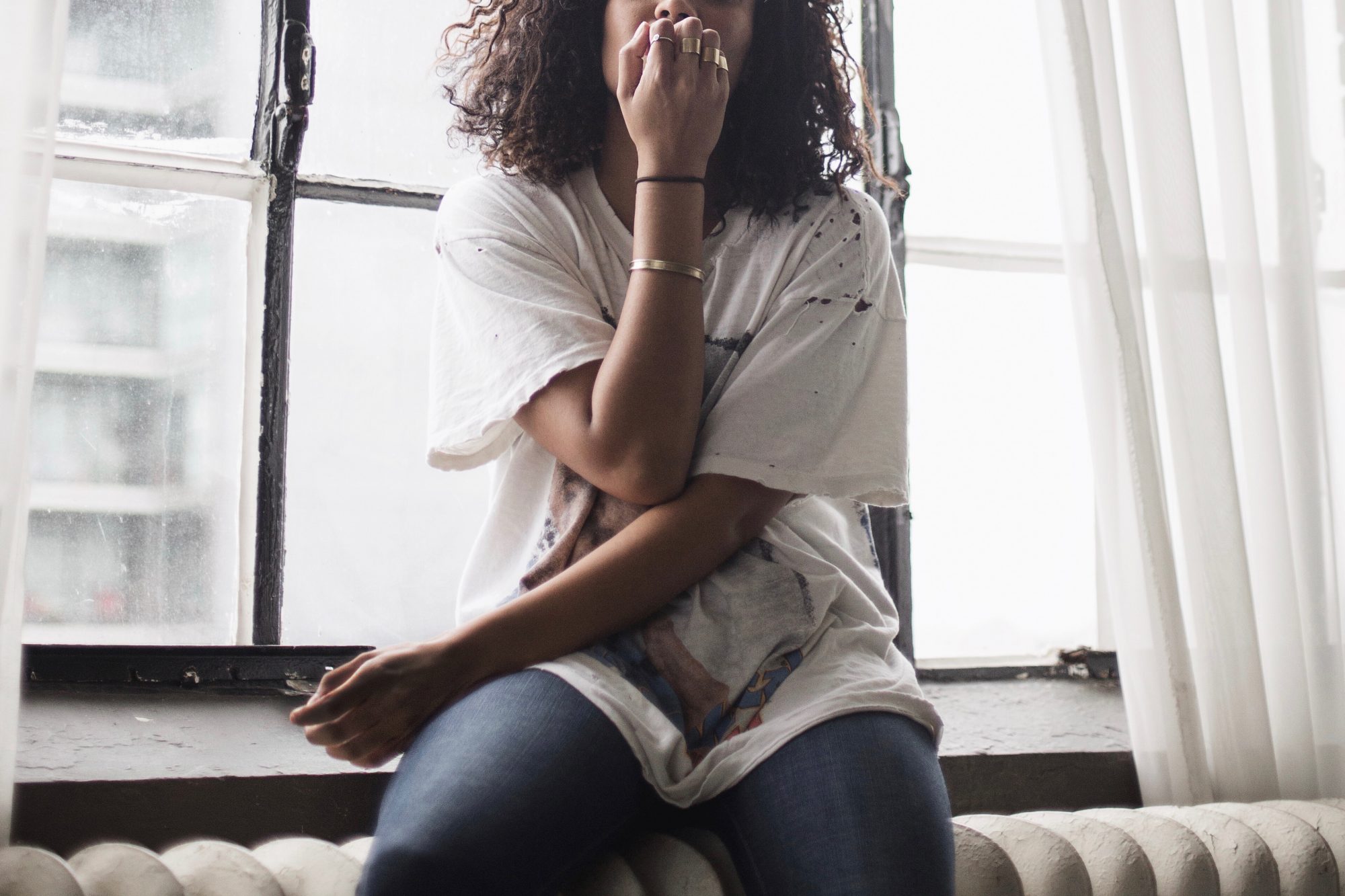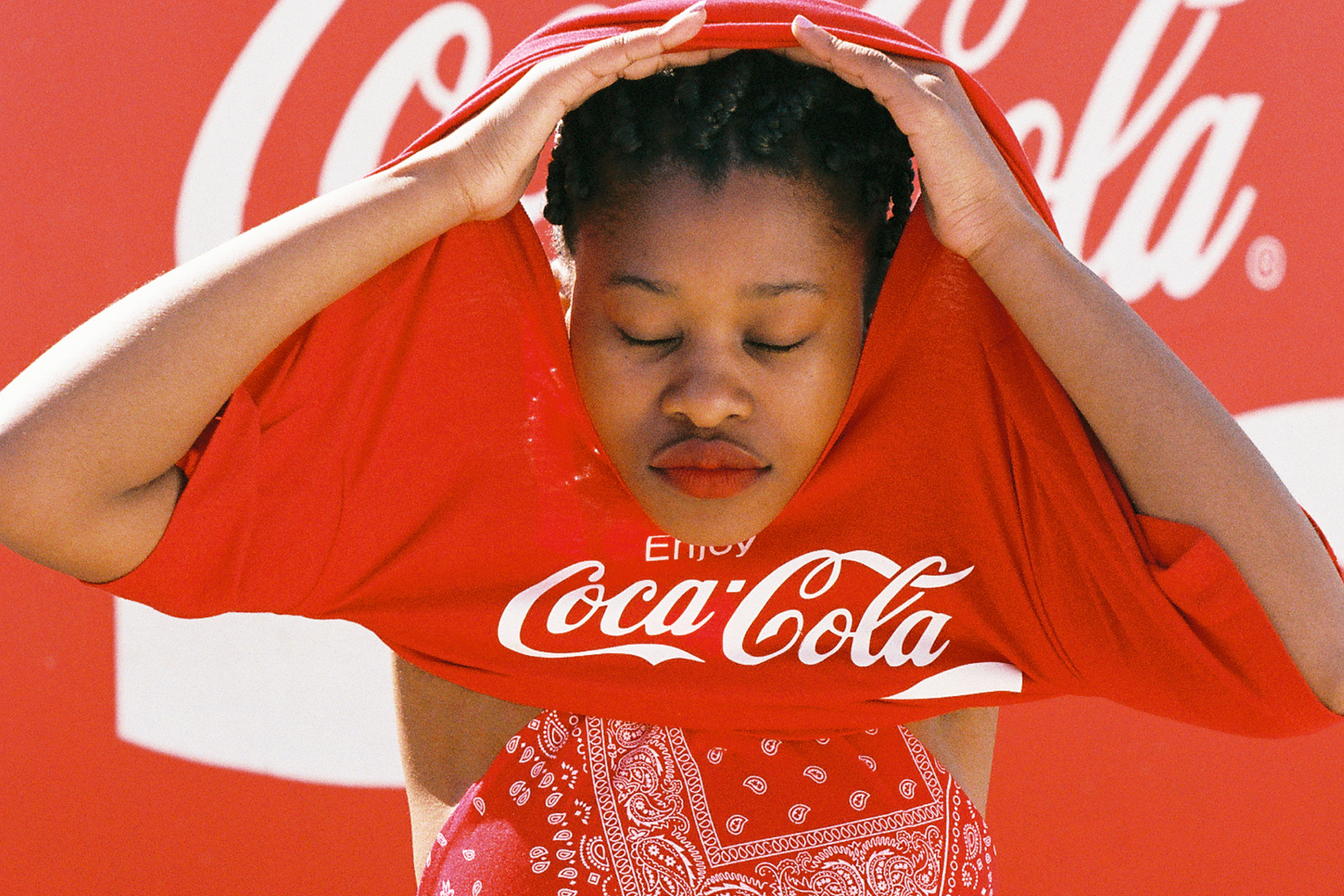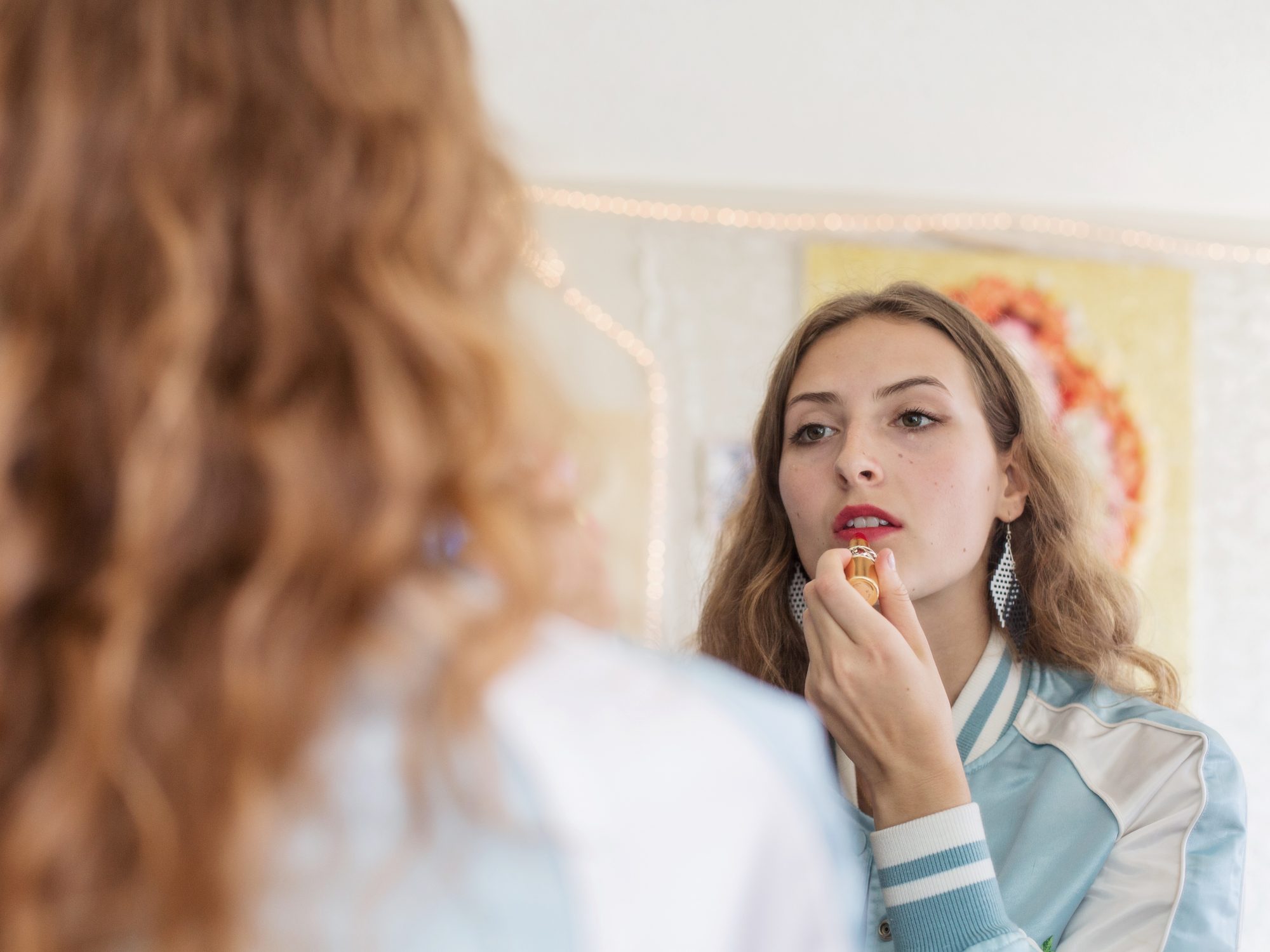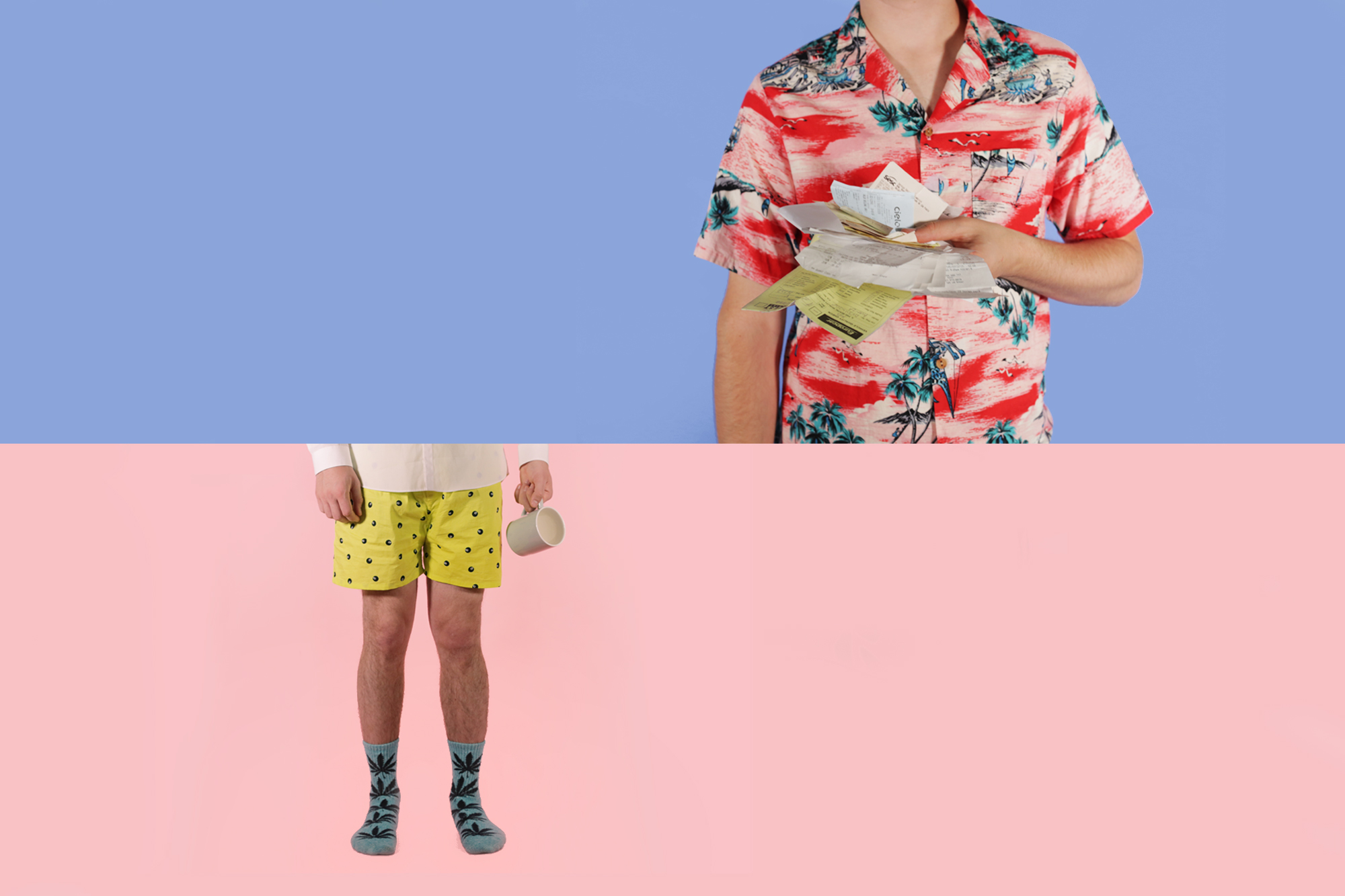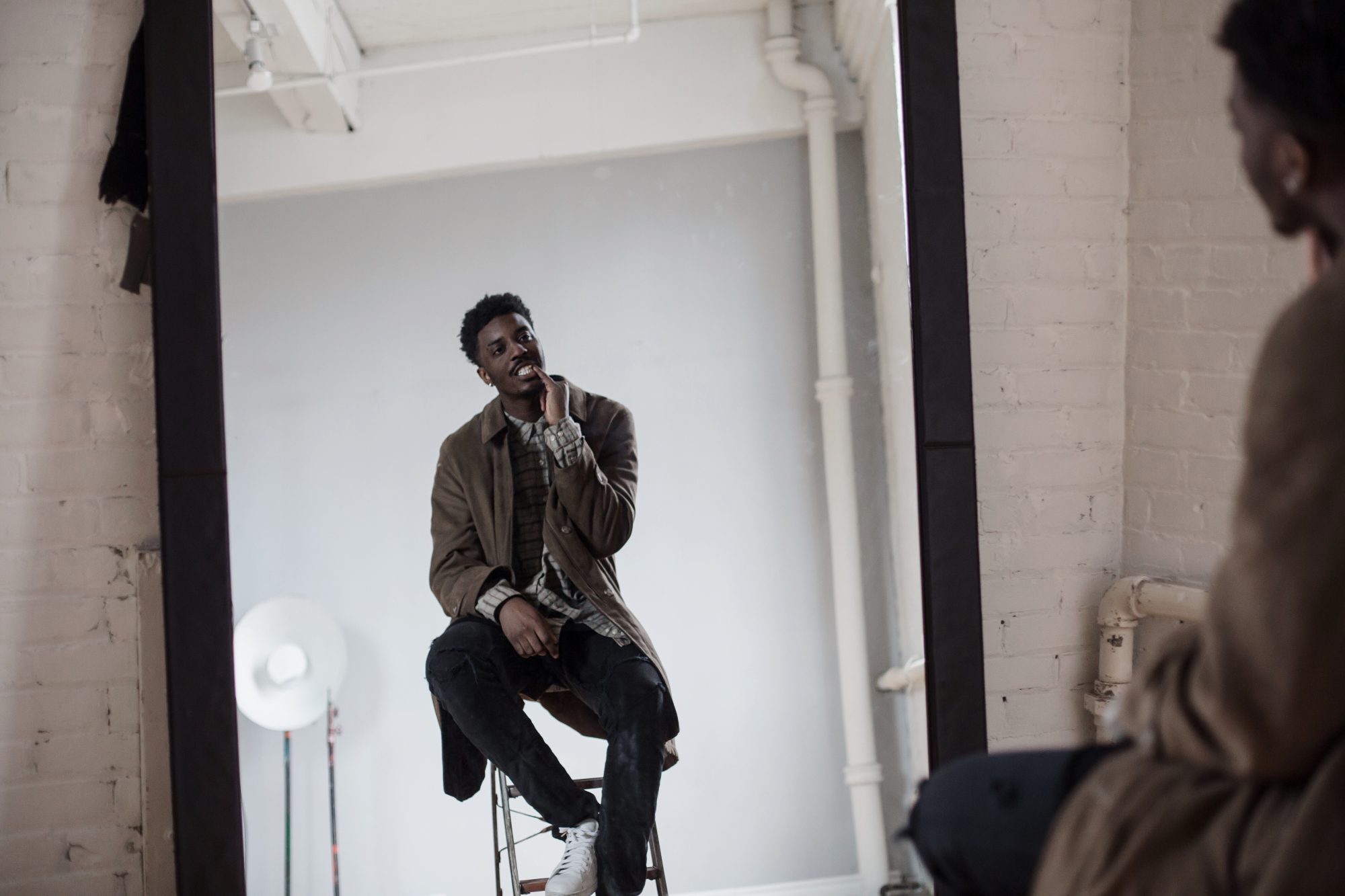Photo Stories
Book Report: You Can’t Touch My Hair
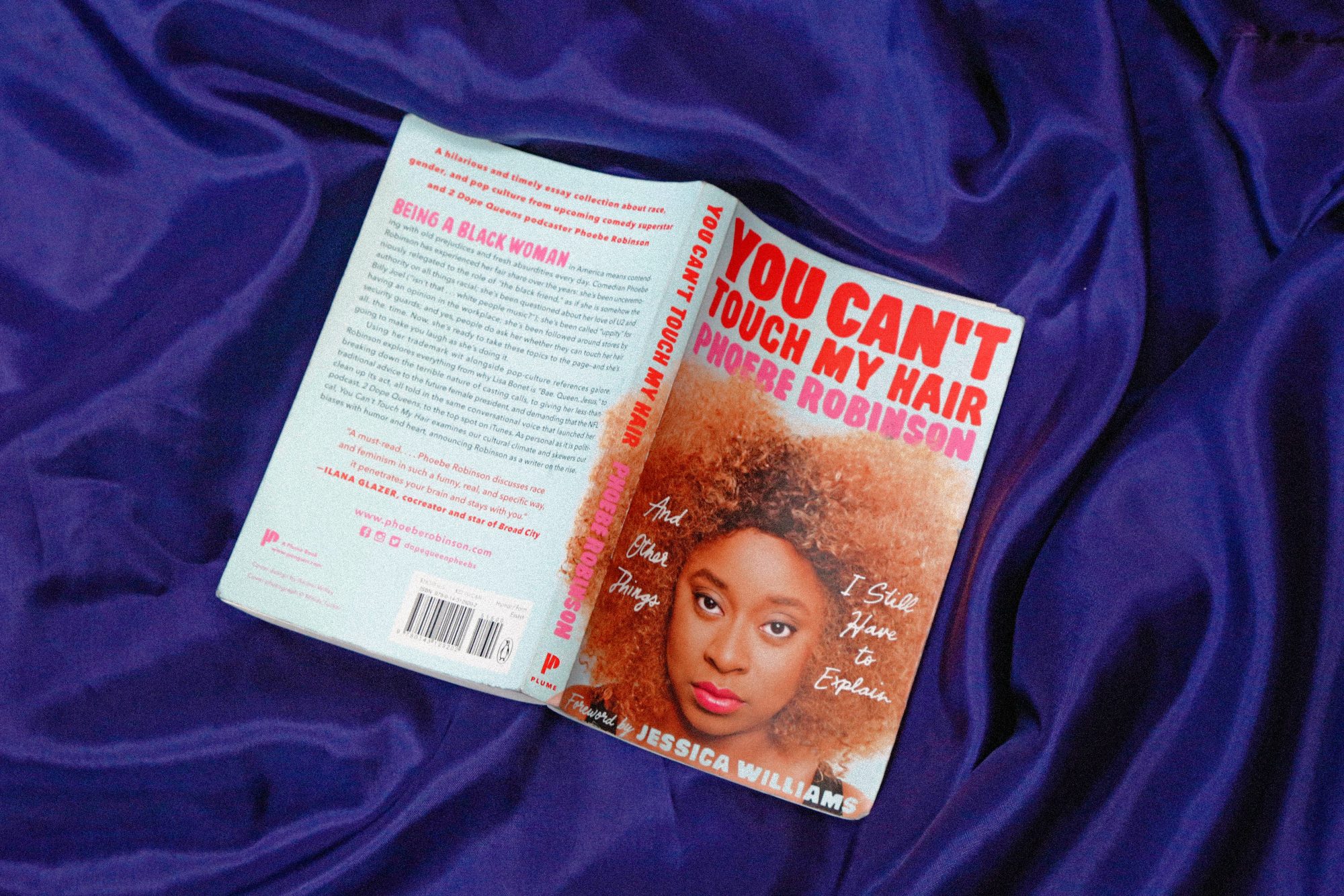
Photos by Krizia Victoria
Every once in a while, someone special comes along; someone you want to tell everyone about, share their thoughts and ideas and listen to all day long. No, I am not describing when Sally finally realizes she’s always been into Harry. I am talking about my deep unadulterated love for comedian and podcast royalty, Phoebe Robinson.
Last spring, I started listening to her NPR podcast with the former Daily Show correspondent, Jessica Williams, 2 Dope Queens. I found myself LOL-ing on my lonely commutes and itching for the next release like a hungry person in line at Subway, making crazy eye contact with the sandwich artist to, HURRY UP.
With the season over, I was yearning for more Phoebe, and was beyond relieved to hear that she was releasing a podcast called, “Sooo Many White Guys.” Phoebe’s captive interviews took on topics like the importance of diversity in the media, the representation of minorities and that Rosé is for basics. Episodes with role models like Gina Rodriquez, Roxanne Gay, and Constance Wu had me feeling Good-Will-Hunting-inspired without all the white guys standing on desks!
So when her book came out, it was like they knew I (along with her tons of subscribers) needed more! You Can’t Touch My Hair is Phoebe’s first book and is a compilation of funny and heartfelt essays that deal with race, family, love and a handful of ridiculous and unacceptable situations people have put her in. Even though this book was jam packed like a lunchable full of specific 2000s sitcom references, it used its comedy to tell the stories of ways this world still needs to improve on when it comes to race.
Reading this book improved my general understanding of the not-so-perfect world we live in. Here are a couple of reasons why you need a little more Phoebe in your life and why You Can’t Touch My Hair can do that for you.
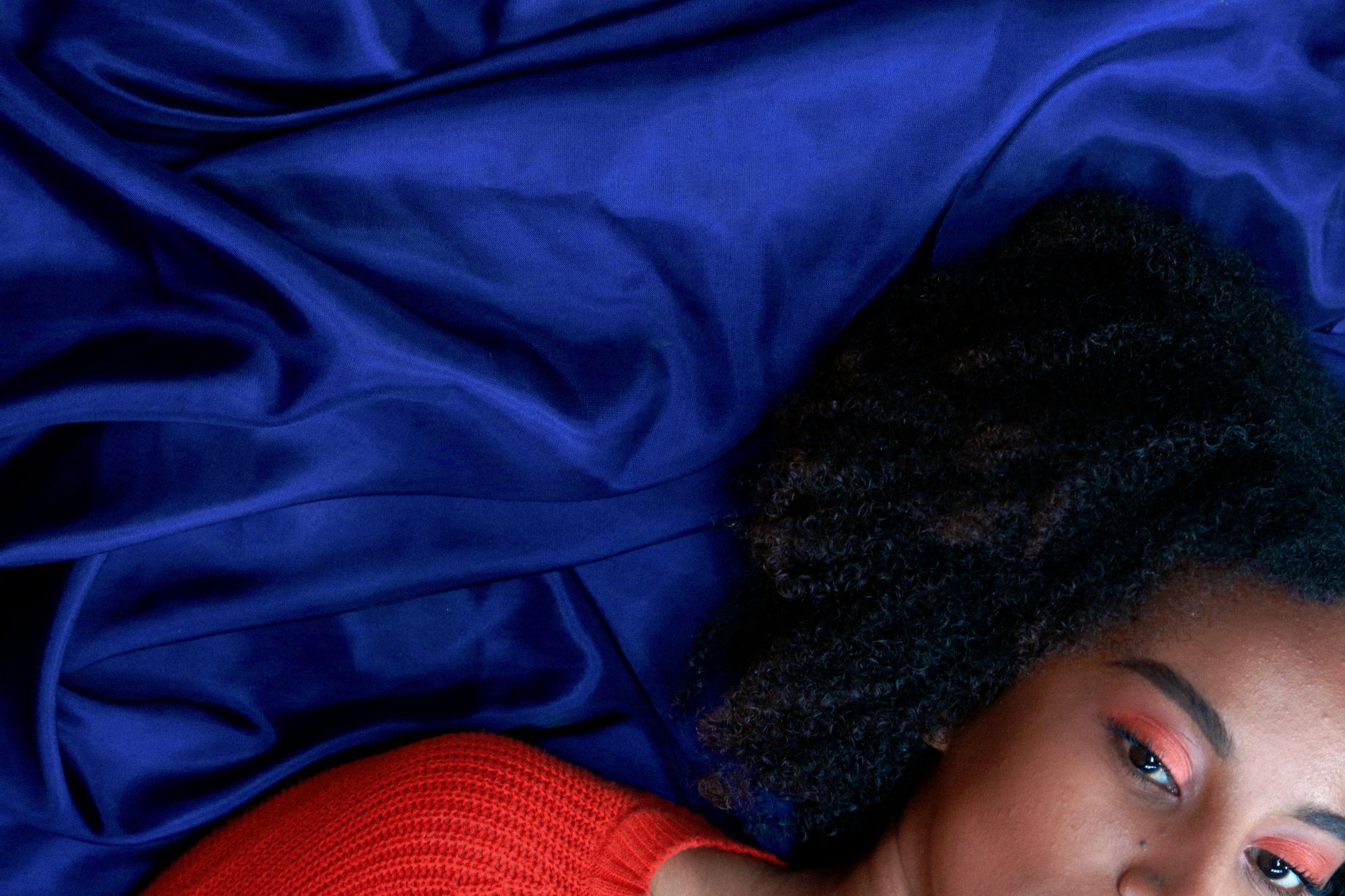
Embrace that Love for Bono
In a chapter titled “Not So Guilty Pleasures,” Robinson lists all the things she has no shame for fully loving. From her love of the entire dad band – U2, to listing the appropriate ways of dealing with online trolls. Each guilty pleasure makes you realize that you shouldn’t have any guilty pleasures. My favourite guilty pleasure being, if someone takes an amazing picture of you, make it your profile picture, immediately.
Bringing White People Nonsense to Light
In “Welcome to Being Black,” Phoebe explains coming to terms with being treated as the other and dealing with the fact that your actions will defy or affirm the preconceived notions they made about you. Her stories about being ignored at a Michael’s, dealing with a blatantly ignorant writer in a senior thesis class and her accounts of racial profiling while shopping, brought to light all of the ways our culture has still not made peace with race relations. Phoebe’s book provides an important perspective that goes untold way too often.
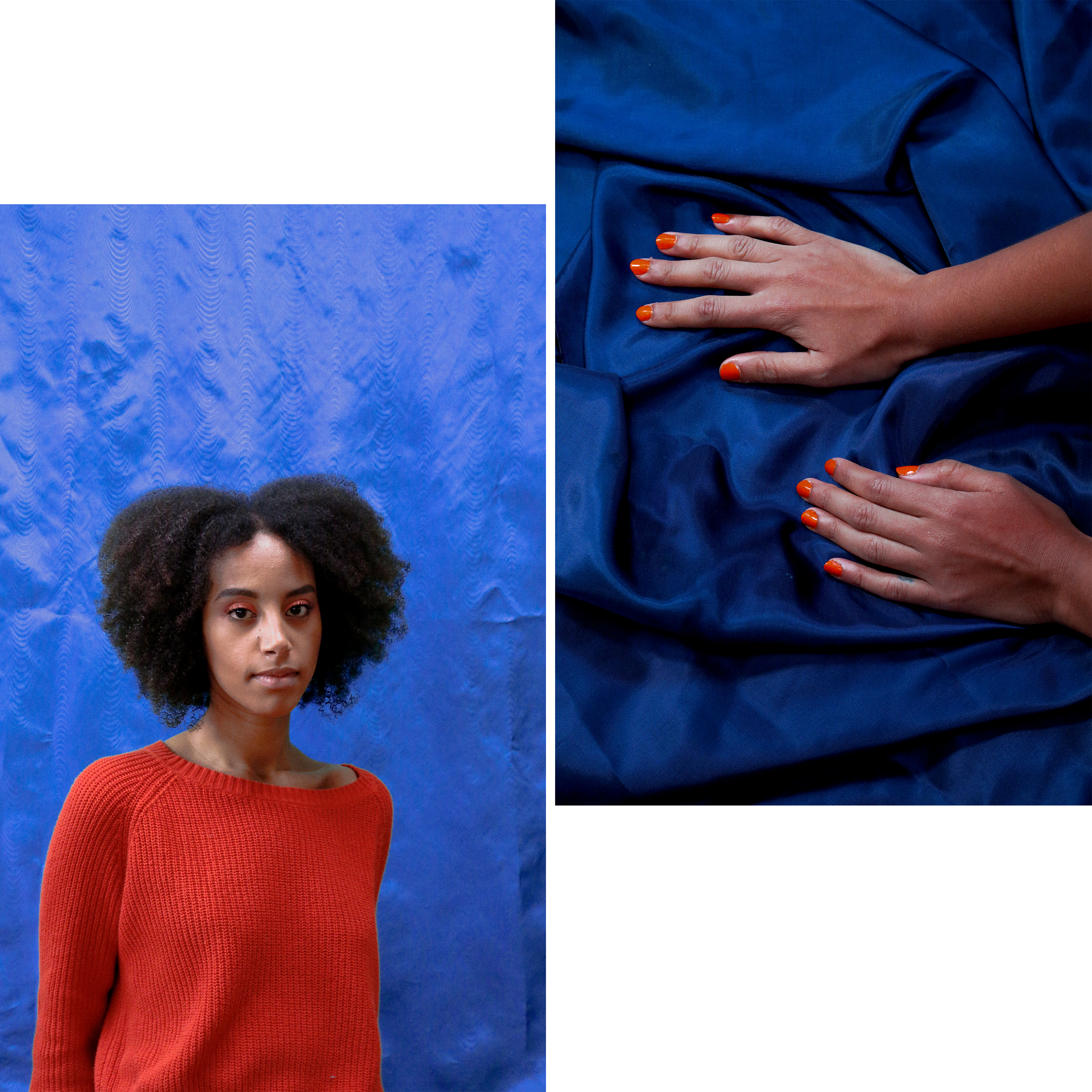
Letters to Olivia
The chapter, “Letters to Olivia,” was the emotional equivalent of listening to Cat Powers’ Sea of Love on repeat in the rain (I apologize for that being the most white reference possible). This chapter was a collection of sentimental letters to her niece, Olivia, offering some heartfelt and funny pieces of advice and encouragement. These letters include encouraging her to do everything like a girl, complete list of mixed race role models and revealing to her that she was named after Scandal’s Olivia Pope.
Her On Point Pop Culture References
Let’s just say, this book had me at the dancing baby from Felicity reference. Ok, that one only came at the end — but what a beautiful cherry on top! This book had a cornucopia of specific pop culture references like her frustrations with Grey’s Anatomy’s bonkers story line of Izzie boinking a ghost to calling out the Internet’s obsession with reporting older women’s boobs to the point where they “sag like a pair of Lil Wayne’s jeans.”
These are just a few of the reasons why You Can’t Touch My Hair needs to be in your life. It gives us an honest look at why Phoebe still needs to explain why she is pigeonholed as “the black friend”, and why there is still a fear of black hair in Western culture.
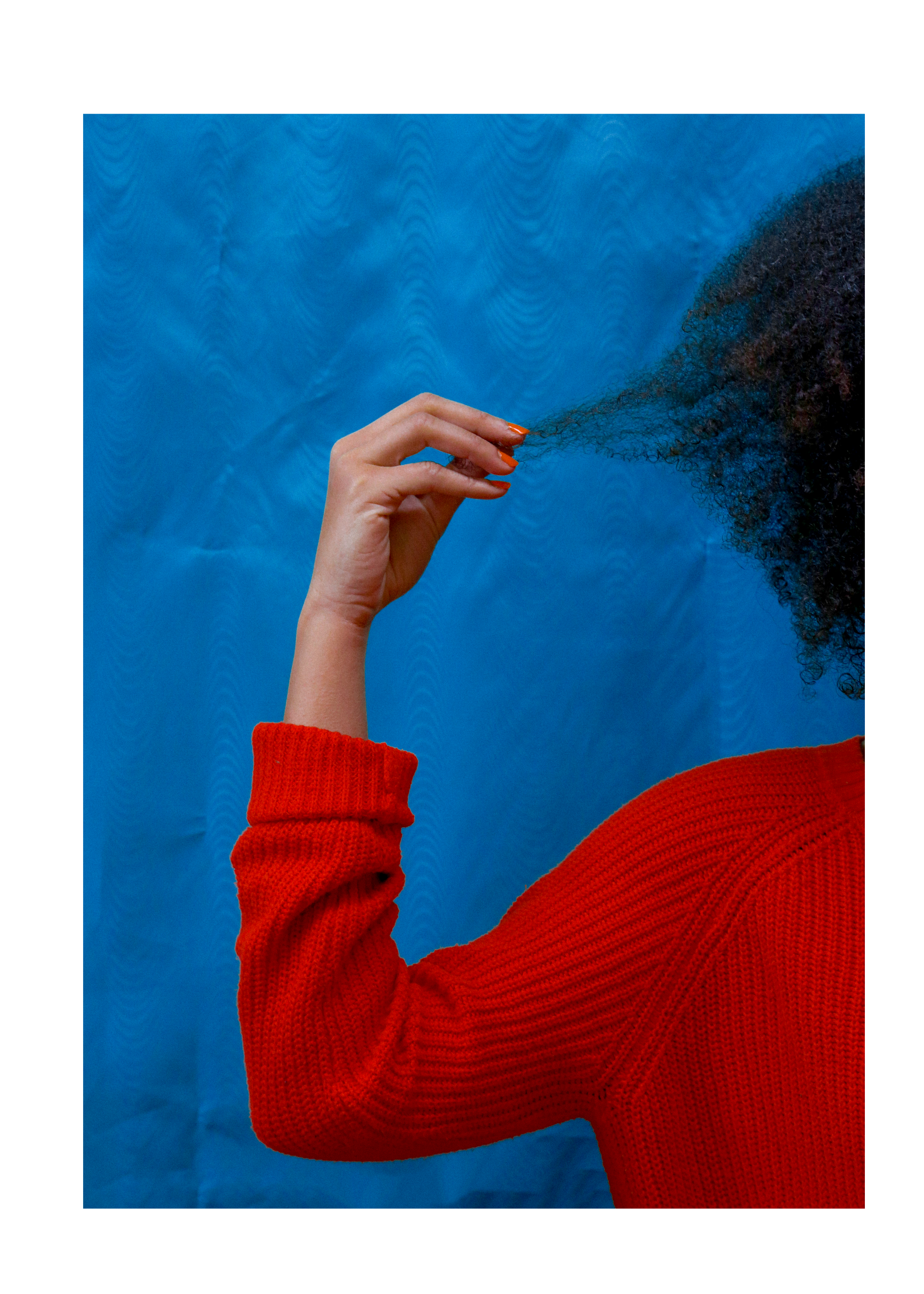
Read it and get educated now!





